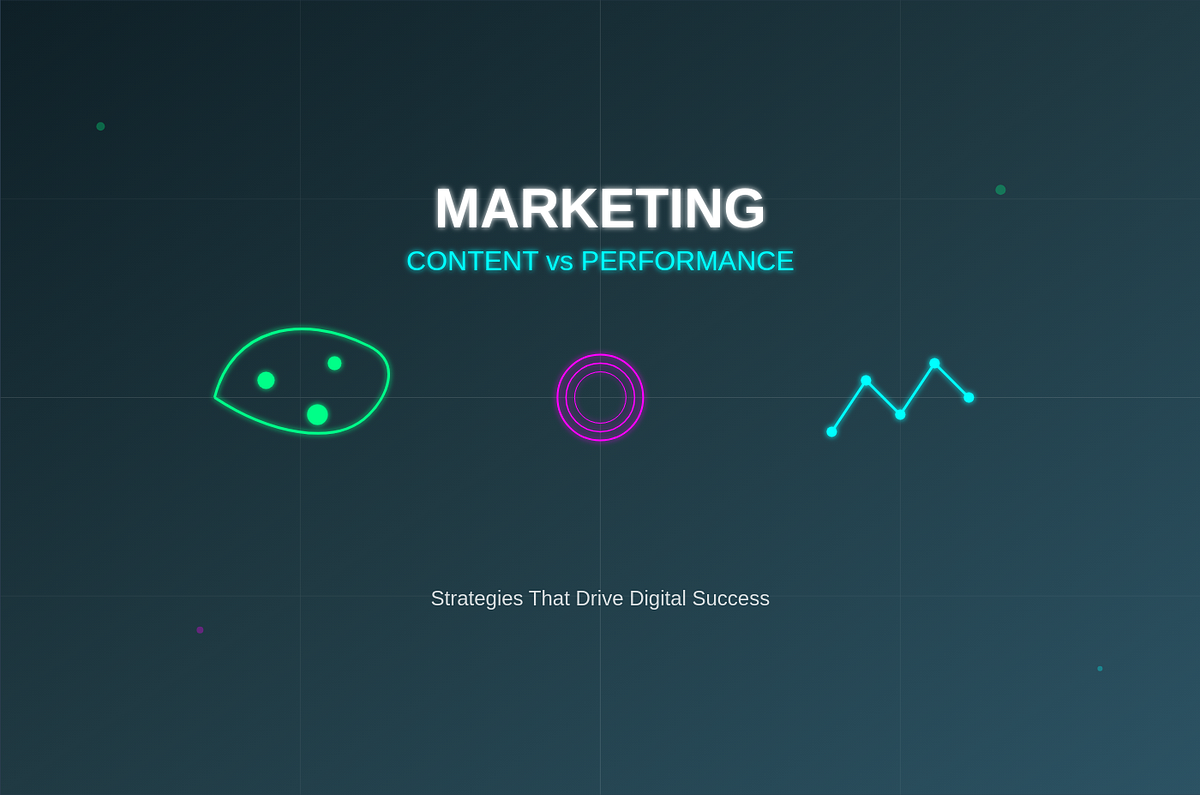20 Free SEO Tools Every Marketer Should Be Using in 2025
You don’t need an enterprise-level budget to perform effective SEO. In 2025, numerous powerful tools are available completely free, helping marketers analyze, optimize, and improve their organic search performance. Here’s our curated list of the best free SEO tools every marketer should have in their toolkit.
Search Console & Analytics Tools
1. Google Search Console
Best for: Understanding how Google sees your site and which queries drive traffic Key features:
- Performance reporting for queries and pages
- Index coverage analysis
- Mobile usability testing
- Core Web Vitals monitoring
- Rich results testing and validation
Pro tip: Use the Performance report to filter by specific country, device, or search type to identify targeted optimization opportunities.
2. Bing Webmaster Tools
Best for: Optimizing for Microsoft’s search engine and accessing unique SEO tools Key features:
- Keyword research tool with competition data
- SEO analyzer with actionable recommendations
- Backlink reports with quality indicators
- Site scan for technical issues
- URL inspection tool
Pro tip: Bing Webmaster Tools often provides SEO insights not available in Google’s tools, making it valuable even if Google is your primary focus.
3. Google Analytics 4
Best for: Understanding user behavior and conversion paths Key features:
- Landing page performance analysis
- User journey mapping
- Conversion tracking
- Audience insights
- Enhanced e-commerce reporting
Pro tip: Create custom channel groupings to better understand your organic traffic segments by intent or topic area.
Keyword Research Tools
4. Google Keyword Planner
Best for: Discovering keywords and estimating search volume Key features:
- Keyword ideas based on seed terms
- Competitive keyword analysis
- Search volume trends
- Keyword grouping suggestions
- Mobile vs. desktop breakdown
Pro tip: While it’s designed for advertisers, you can access the tool without running ads by setting up a Google Ads account.
5. AnswerThePublic
Best for: Finding question-based keywords and topics Key features:
- Visual representation of questions around keywords
- Comparison terms (vs, or, like)
- Preposition-based phrases
- Alphabetical suggestions
- CSV download option for free users
Pro tip: Use this to develop comprehensive FAQ sections that target long-tail conversational queries.
6. Google Trends
Best for: Analyzing search interest over time and spotting emerging topics Key features:
- Historical trend data
- Regional interest comparison
- Related topics and queries
- Real-time search trends
- Category filtering
Pro tip: Compare multiple keywords to determine which terms are growing in popularity for seasonal content planning.
7. AlsoAsked
Best for: Understanding the relationship between search queries Key features:
- People Also Asked questions visualization
- Topic relationship mapping
- Question hierarchy analysis
- Export functionality
- Geographic filtering
Pro tip: Use these question relationships to structure comprehensive hub pages that answer related user questions.
On-Page SEO Tools
8. Screaming Frog SEO Spider (Free Version)
Best for: Technical site audits and structure analysis Key features:
- Crawls up to 500 URLs for free
- Identifies technical SEO issues
- Analyzes meta data and content
- Finds duplicate content
- Extracts data for analysis
Pro tip: Use the custom extraction feature to pull specific elements from pages for bulk analysis.
9. Woorank
Best for: Quick site audits and competitive analysis Key features:
- Site health score
- Technical SEO checklist
- Keyword usage analysis
- Mobile optimization checks
- Social media integration analysis
Pro tip: Use the free version for weekly site audits to catch new issues early.
10. Yoast SEO (WordPress Plugin)
Best for: WordPress content optimization Key features:
- Readability analysis
- Keyword optimization suggestions
- XML sitemap generation
- Title and meta description templates
- Schema markup implementation
Pro tip: The internal linking suggestions help build a stronger site structure, even in the free version.
Technical SEO Tools
11. Google’s Rich Results Test
Best for: Schema markup validation and testing Key features:
- Live schema testing
- Schema validation
- Mobile and desktop preview
- Structured data debugging
- JSON-LD code generation
Pro tip: Test your markup before implementation to ensure Google will recognize it properly.
12. GTmetrix
Best for: Performance optimization and Core Web Vitals improvement Key features:
- Page speed analysis
- Performance scoring
- Loading visualization
- Optimization recommendations
- Historical data tracking
Pro tip: The waterfall analysis helps identify specific resources that are slowing down your site.
13. Mobile-Friendly Test
Best for: Ensuring your site works well on mobile devices Key features:
- Mobile rendering preview
- Mobile usability issues identification
- Resource loading analysis
- Structured data validation
- JavaScript execution checking
Pro tip: Use this in combination with Search Console’s mobile usability report to prioritize fixes.
Content Optimization Tools
14. Hemingway Editor
Best for: Improving content readability Key features:
- Reading level analysis
- Sentence complexity feedback
- Passive voice identification
- Adverb usage monitoring
- Word count statistics
Pro tip: Aim for a reading level appropriate to your audience—not always the lowest possible score.
15. Headline Analyzer by CoSchedule
Best for: Crafting engaging headlines Key features:
- Emotional value scoring
- Word balance analysis
- Character and word count checks
- SEO length analysis
- Clarity score
Pro tip: Test multiple variations of your headlines before publishing to find the most engaging option.
16. SEO Writing Assistant by SEMrush
Best for: Content optimization against top-ranking pages Key features:
- Keyword usage recommendations
- Readability analysis
- Tone of voice consistency
- Plagiarism checking
- SEO recommendations
Pro tip: The free version has limited uses, so save it for your most important content.
Link Analysis Tools
17. Ahrefs Backlink Checker
Best for: Analyzing backlink profiles Key features:
- Top 100 backlinks preview
- Domain Rating overview
- Referring domains count
- Organic keywords preview
- Traffic estimation
Pro tip: While limited, the free version is excellent for quick competitive analysis.
18. LinkMiner (Mangools)
Best for: Discovering and evaluating backlink opportunities Key features:
- Limited backlink checking
- Link strength metrics
- Link attribute analysis
- Historical link data
- Broken link identification
Pro tip: Focus on examining competitors’ strongest backlinks to identify quality link targets.
Local SEO Tools
19. Google Business Profile
Best for: Local search optimization Key features:
- Business information management
- Customer review management
- Post publishing capabilities
- Insights and analytics
- Q&A functionality
Pro tip: Regular posts and Q&A responses significantly improve local pack rankings.
20. Moz Local Listing Score
Best for: Checking local citation consistency Key features:
- Local listing evaluation
- Citation consistency checking
- Presence analysis across platforms
- Completion score
- Basic recommendation engine
Pro tip: Address inconsistencies found in this free tool to improve your local search performance.
Bonus Tool: ChatGPT for SEO Applications
Best for: Content ideation and optimization assistance Key features:
- Keyword clustering suggestions
- Title and meta description generation
- Content brief creation
- FAQ expansion
- Competitive content analysis assistance
Pro tip: Use ChatGPT to help analyze SERP features and identify content gaps, but always verify its suggestions with data from other tools.
How to Build Your Free SEO Toolkit
The most effective approach is combining multiple free tools to cover different aspects of SEO:
- Regular auditing routine:
- Weekly: Search Console checks
- Monthly: Full site crawls with Screaming Frog
- Quarterly: Competitor backlink analysis
- Content production workflow:
- Keyword research: Keyword Planner + AnswerThePublic
- Content planning: AlsoAsked + Google Trends
- Content creation: Hemingway + Headline Analyzer
- Content optimization: Yoast SEO or SEO Writing Assistant
- Technical SEO maintenance:
- Performance: GTmetrix
- Mobile: Mobile-Friendly Test
- Structured data: Rich Results Test
Conclusion
You don’t need to invest thousands of dollars in enterprise SEO tools to achieve outstanding results. This collection of free tools provides almost everything needed to research, plan, implement, and track an effective SEO strategy in 2025.
By strategically combining these tools and establishing regular workflows, even small marketing teams or solo marketers can perform professional-level SEO without breaking the bank.
What free SEO tools have you found most valuable? Share your recommendations in the comments below!




